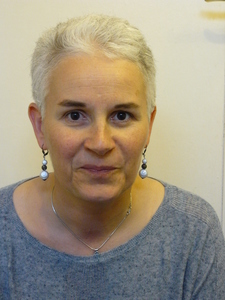21346099
flashcards about J. Piaget / B.F. Skinner / A. Freud / A. Bandura
Description
No tags specified
Flashcards by Caroline BOINET, updated more than 1 year ago
More
Less

|
Created by Caroline BOINET
over 4 years ago
|
|
Resource summary
| Question | Answer |
| sensori-motor stage | In Piaget's theory, the stage (from birth to about 2 years of age) during which infants know the world mostly in terms of their sensory impressions and motor activities. |
| pre-operational stage | In Piaget's theory, the stage (from about 2 to 7 years of age) during which a child learns to use language but does not yet comprehend the mental operations of concrete logic. |
| concrete-operational stage | In Piaget's theory, the stage of cognitive development from (about 7 to 11 years of age) during which children gain the mental operations that enable them to think logically about concrete events. |
| formal-operational stage | In Piaget's theory, the stage of cognitive development (normally beginning about age 12) during which people begin to think logically about abstract concepts. |
| Intelligence test | It's a method for assessing an individual's mental aptitudes and comparing them with those of others, using numerical scores. |
| mental age | It's a measure of intelligence test performance devised by A. Binet, which gives the chronological age that mostly corresponds to a given level of performance. Thus a child who does as well as the average 8 years old is said to have a mental stage of 8. |
| operant chamber | In operant conditioning research, a chamber (also known as the Skinner box) containing a bar or a key that an animal can manipulate to obtain some food or water reinforcer. The attached devices record the animals' rate of bar pressing or key pecking. |
| operant conditioning | It's a type of learning in which behaviour is strengthened if followed by a reinforcer or diminished if followed by a punisher. |
| defense mechanisms | In psycho-analytic theory, the ego's protective methods of reducing anxiety by unconsciously distorting the reality. |
| the ego | This is the largely conscious, "executive" part of personality that, according to Freud, mediates among the demands of the id, superego and reality. The ego operates on the reality principle, satisfying the id's desires in ways that will realistically bring pleasure rather than pain. |
| the bobo doll experiment | This was a groundbreaking study based on agression that demonstrated that children are able to learn through the observation of adult behaviour. |
| a social experiment | This is a research method in which an investigator manipulates one or more factors (independent variables) to observe the effect of some behaviour or mental process (the dependent variable). |
Want to create your own Flashcards for free with GoConqr? Learn more.
